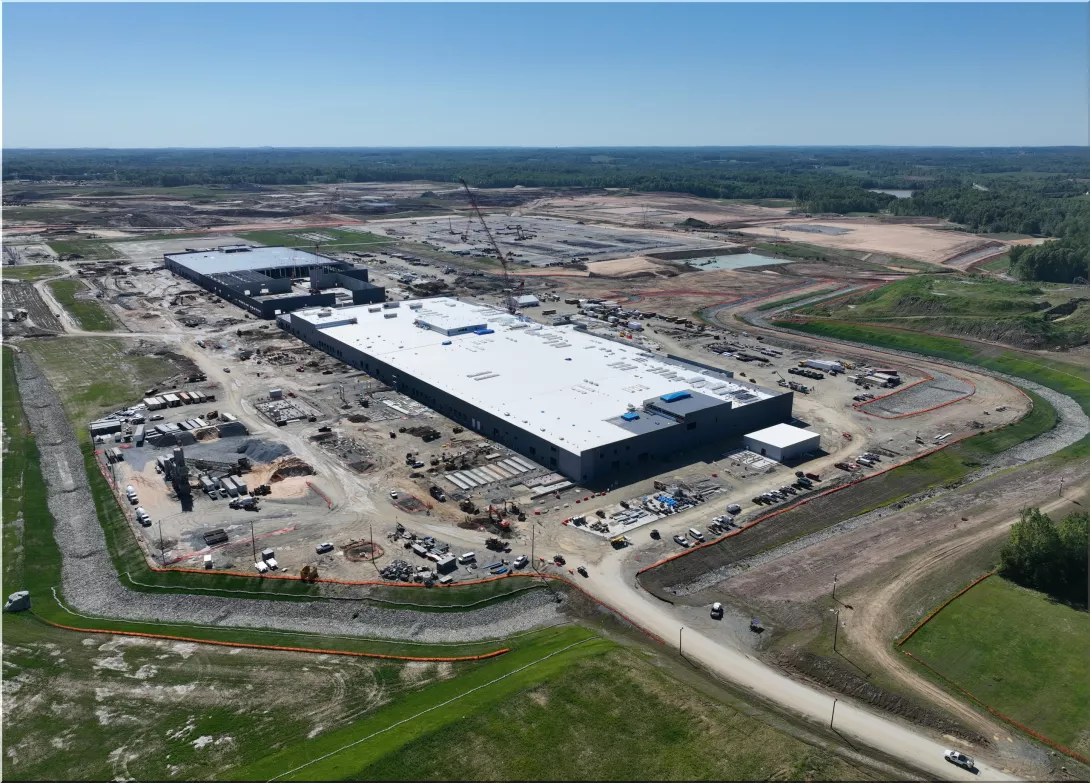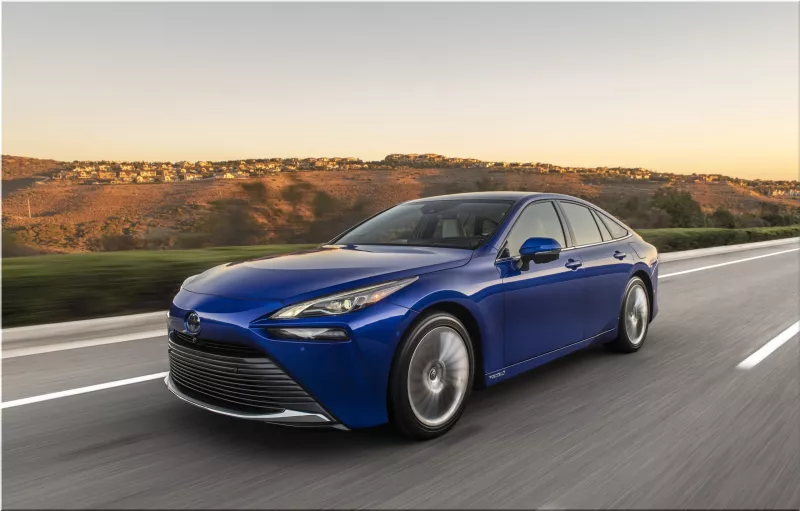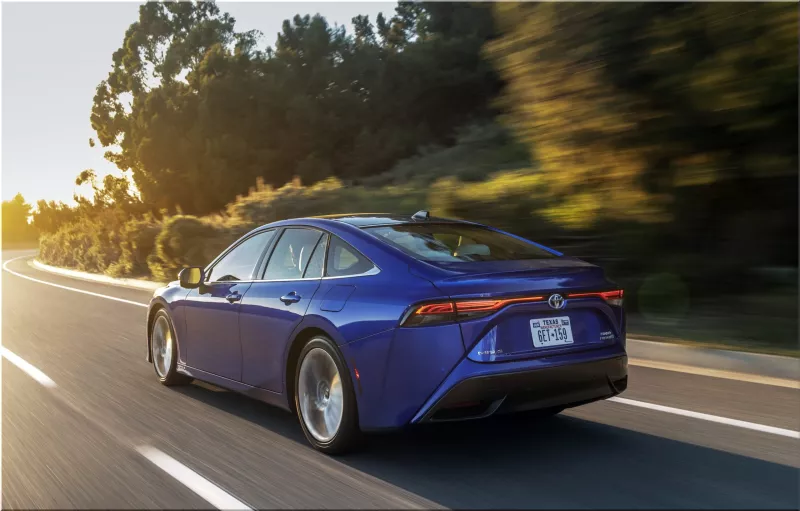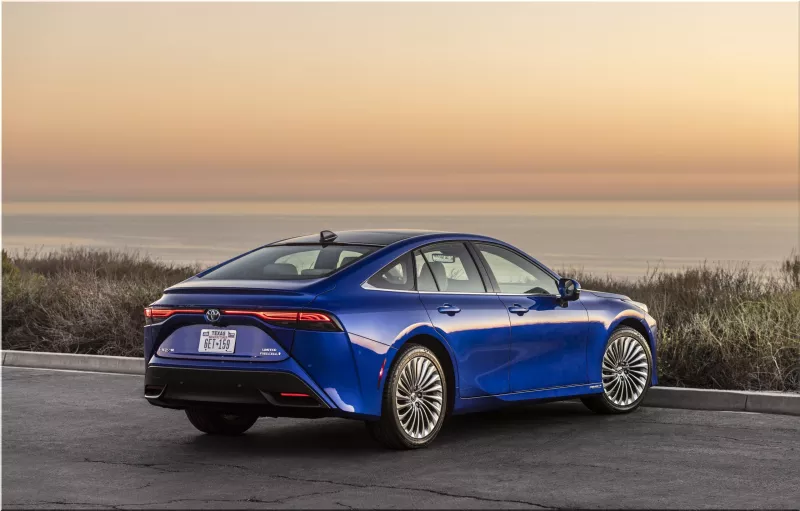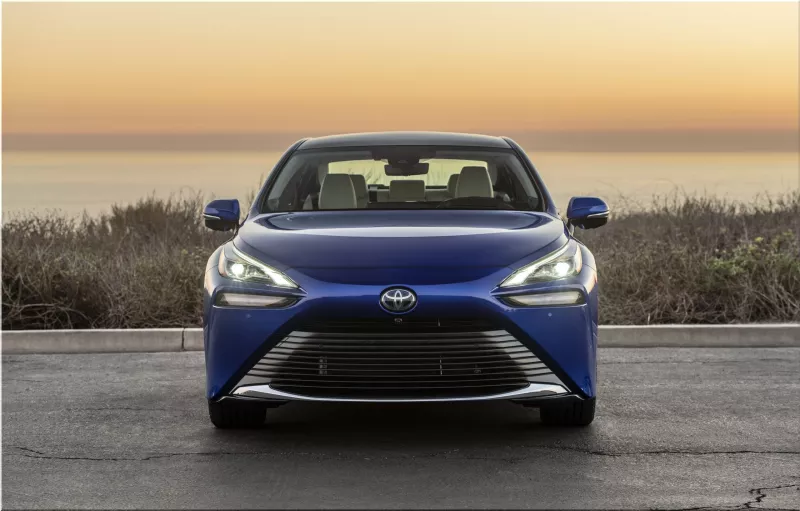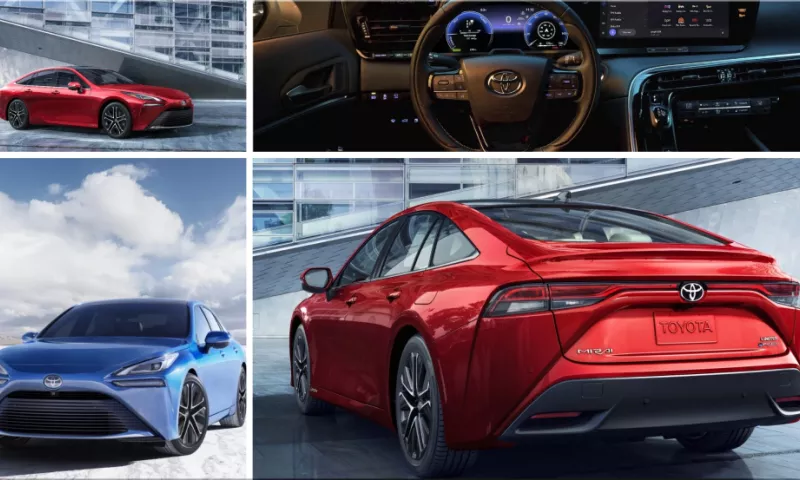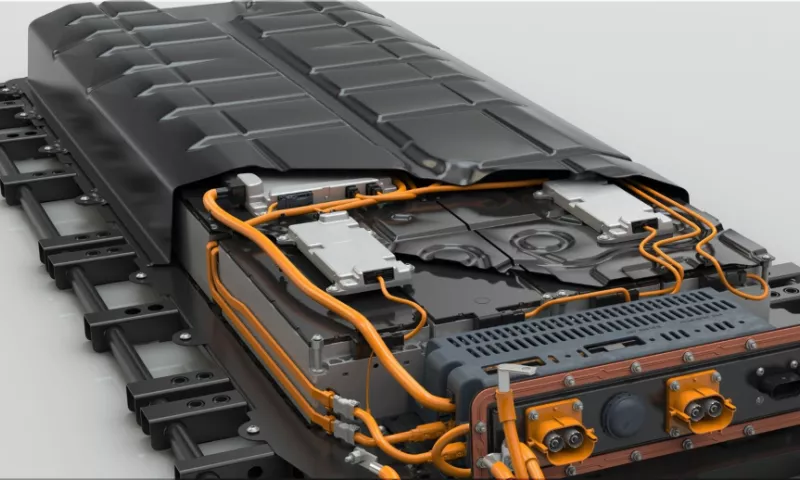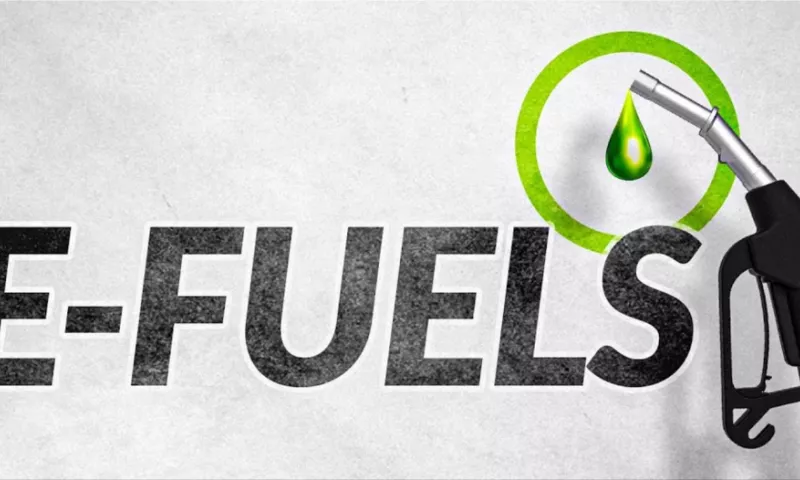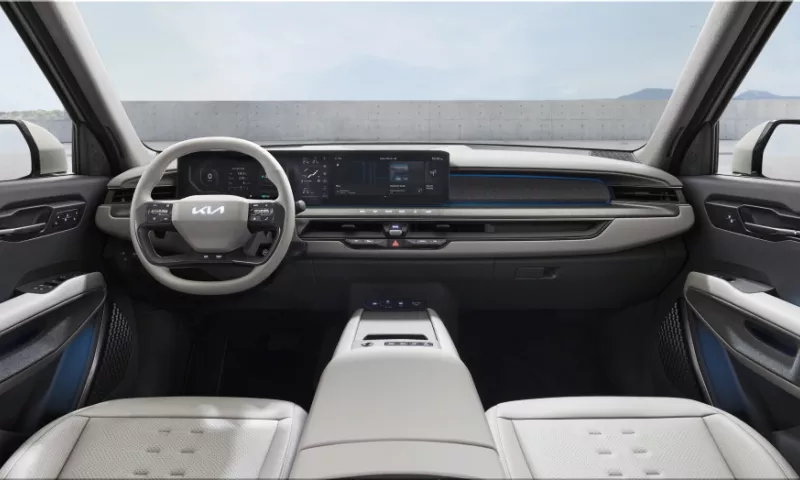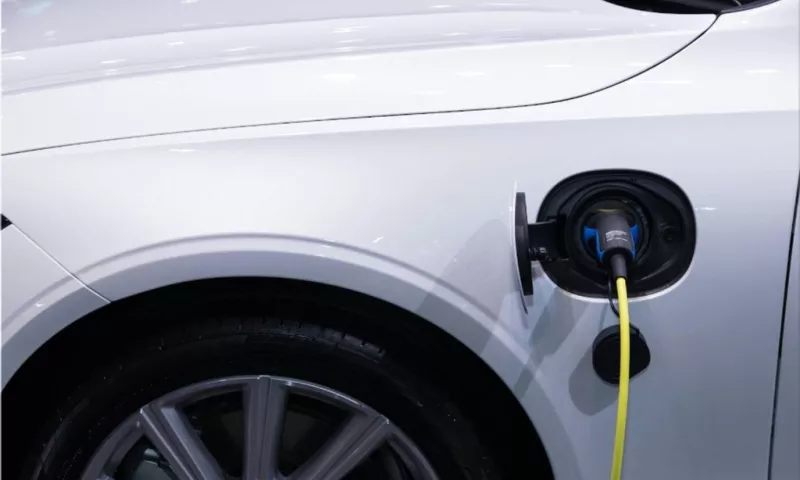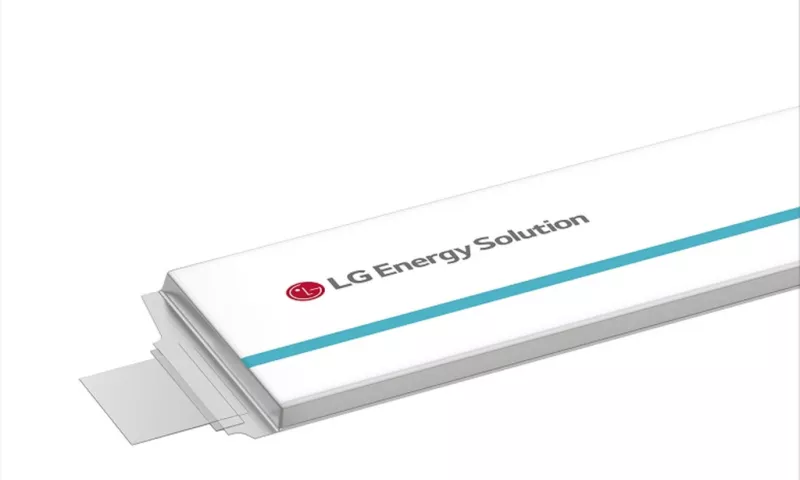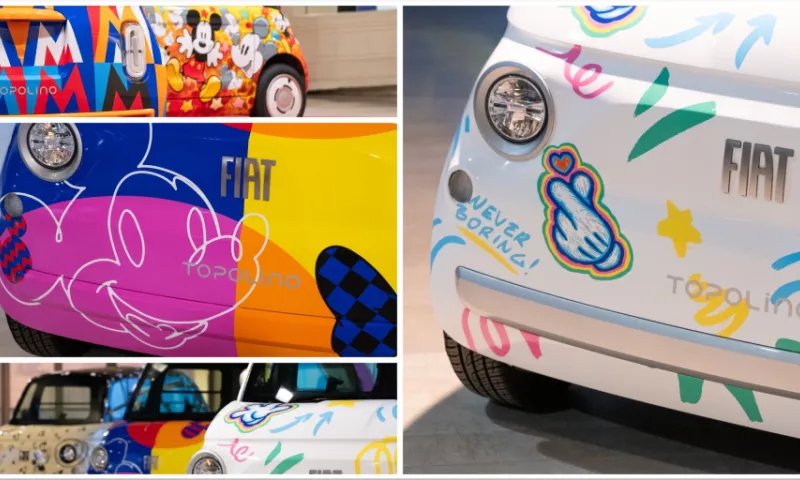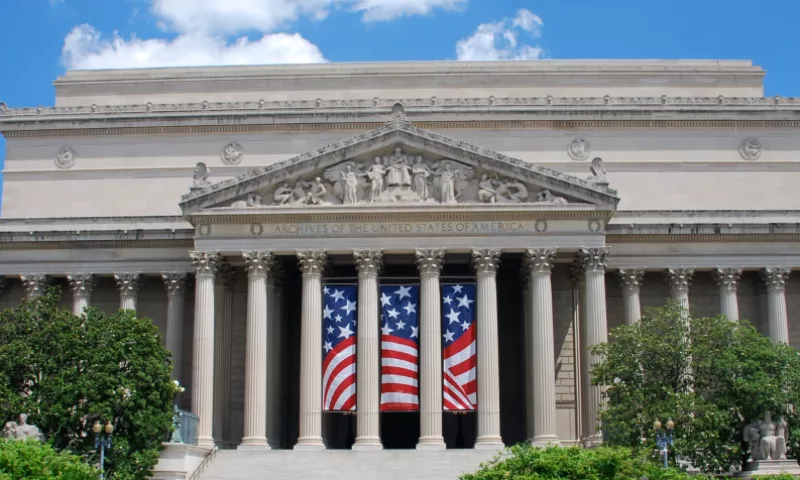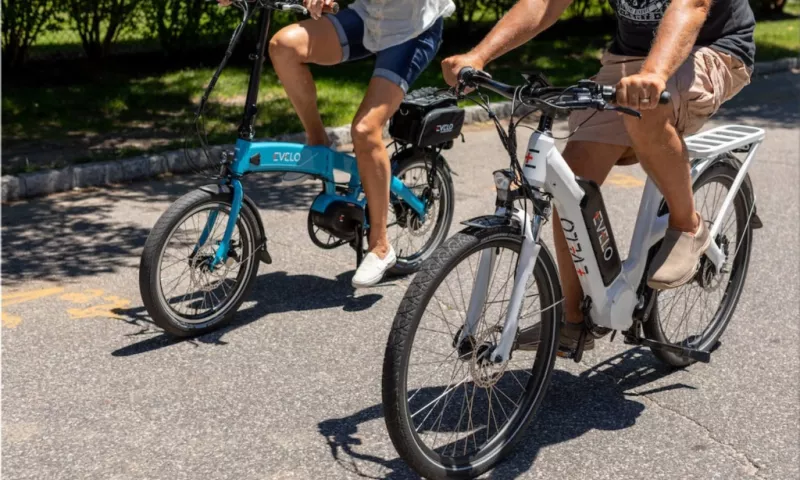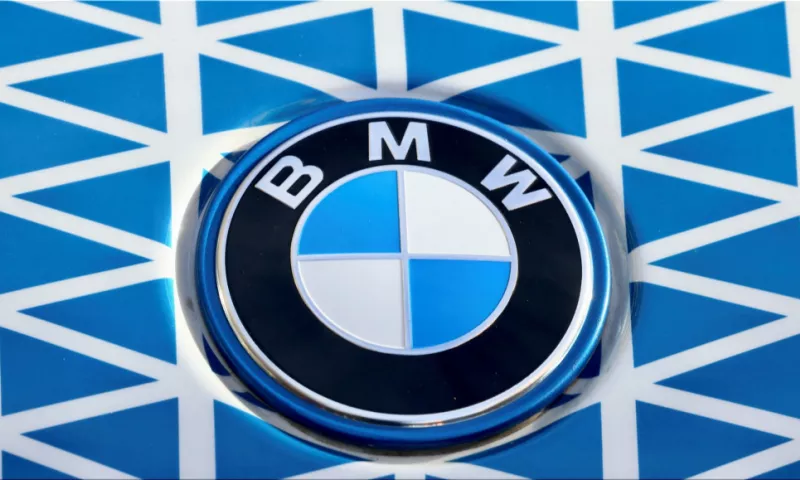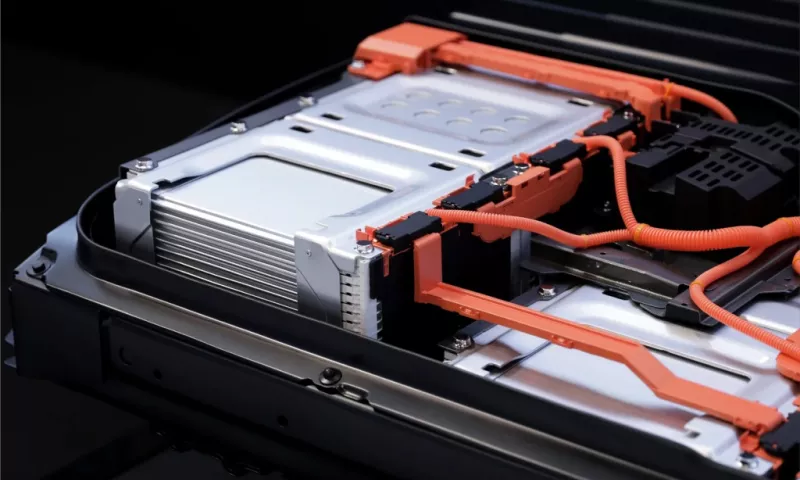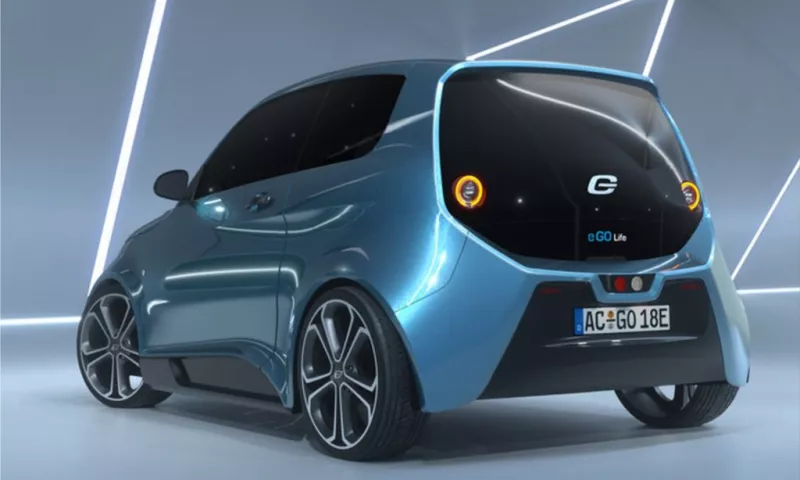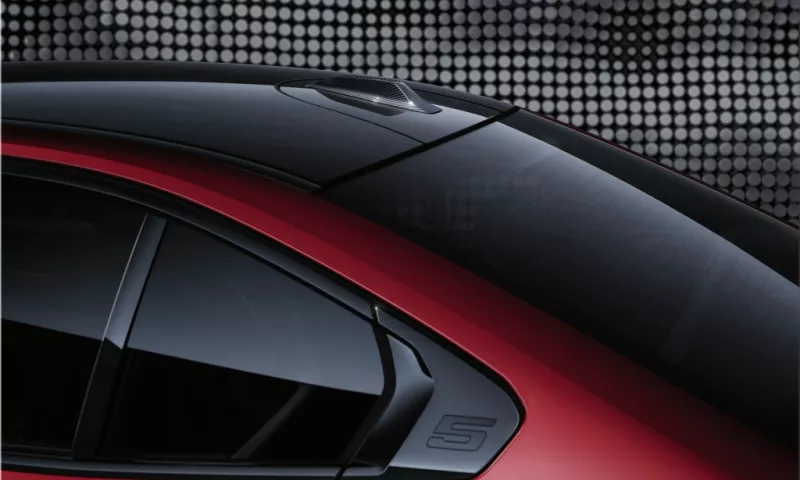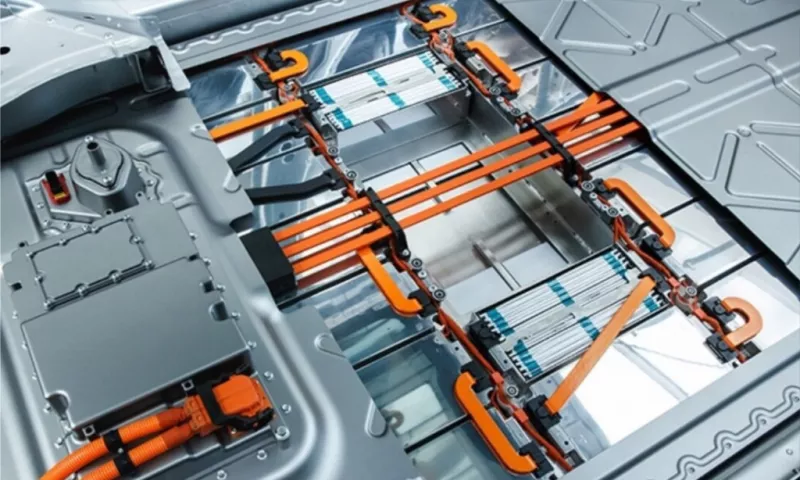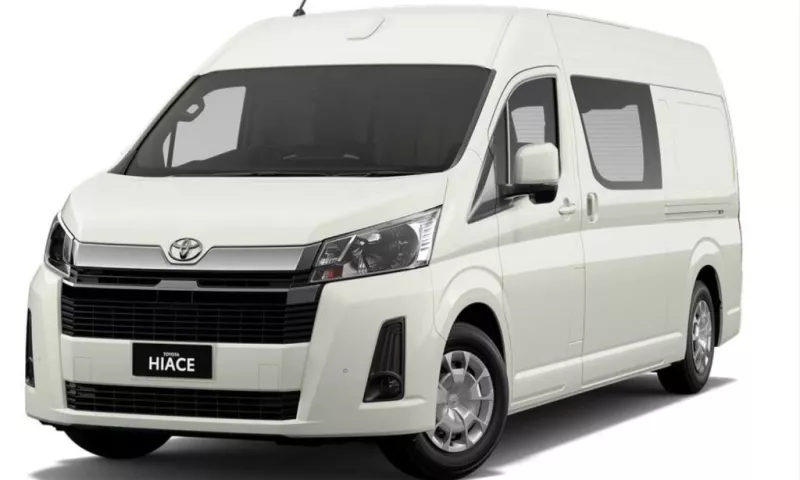Toyota is ramping up its commitment to electrification with plans to produce its first battery electric vehicle (BEV) in the U.S. and invest in additional battery plants.
The Japanese automaker announced on Tuesday that it would start producing a new BEV SUV at its Princeton, Indiana plant in 2023, alongside the hybrid version of the same model. The BEV SUV will be based on Toyota's e-TNGA platform, which is designed to accommodate various types of electric vehicles.
Toyota also said that it would invest $3.4 billion in its U.S. battery supply chain over the next decade, including building new battery plants and expanding existing ones. The company expects to create 1,750 new jobs and increase its annual battery capacity to 70 gigawatt-hours by 2030.
Toyota's President and CEO Ted Ogawa said that the company is "taking a comprehensive approach" to electrification, which includes developing and producing vehicles and ensuring a reliable and affordable supply of batteries.
"We are investing in our own battery supply chain here in the U.S. to meet the growing demand for electrified vehicles and to localize our operations further," Ogawa said. "We are committed to delivering exciting products that exceed our customers' expectations while contributing to a cleaner and more sustainable future for all."
Toyota's announcement comes as the auto industry is undergoing a major shift toward electrification, driven by stricter emissions regulations, consumer preferences, and technological advancements. According to a recent report by BloombergNEF, global sales of electric vehicles are expected to grow from 4.6 million in 2020 to 54 million in 2040, accounting for 58% of all passenger car sales.
Toyota has been a pioneer in hybrid technology, with its popular Prius model being the first mass-produced hybrid vehicle in the world. However, the company has been slower than some of its rivals to embrace fully electric vehicles, citing concerns about battery costs, range anxiety, and infrastructure availability.
The company has also been promoting hydrogen fuel cell vehicles (FCVs), such as its Toyota Mirai sedan, as another zero-emission option that offers longer range and faster refueling than BEVs. Toyota believes that both BEVs and FCVs have a role to play in achieving carbon neutrality, depending on the market conditions and customer needs.

